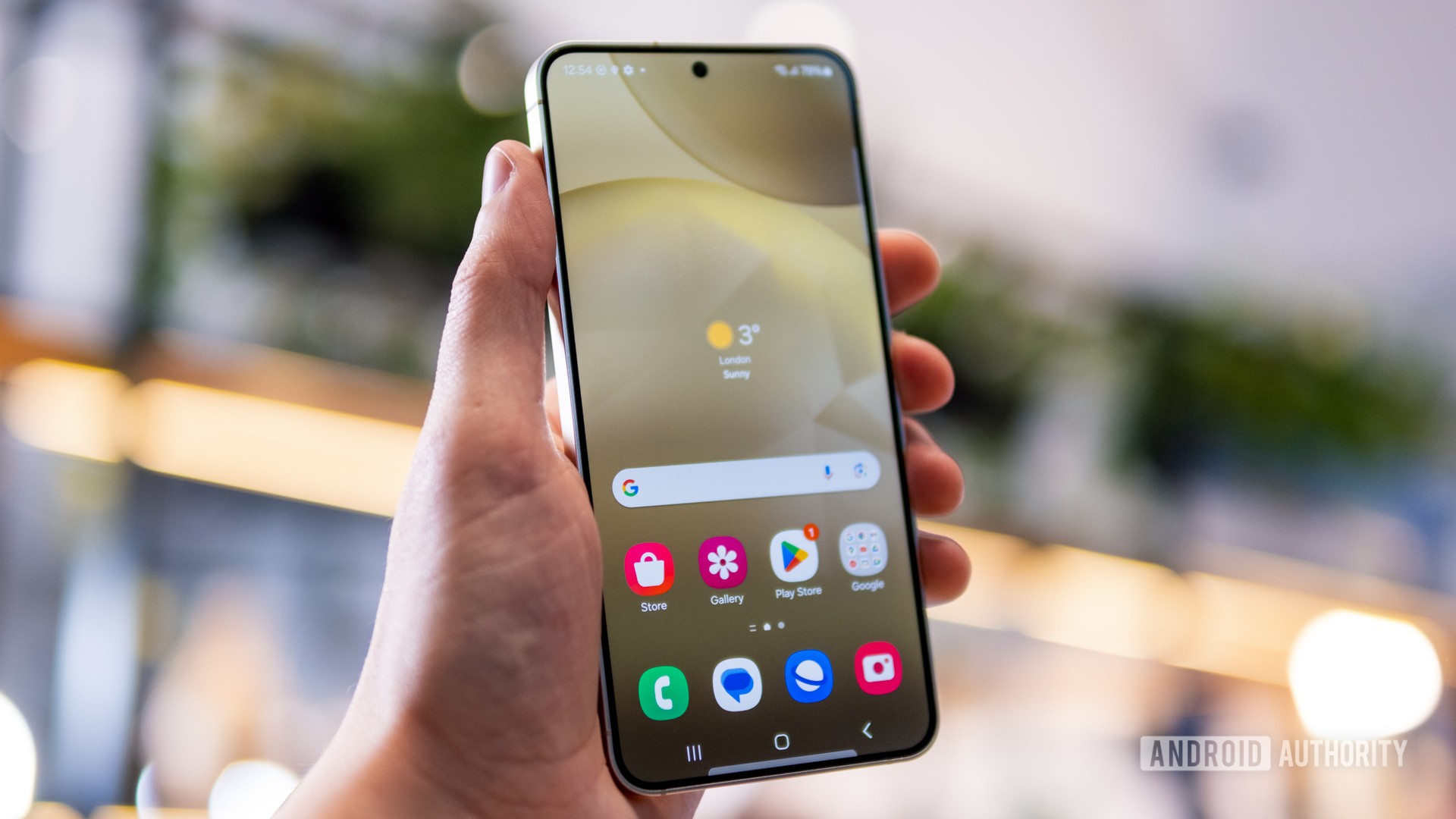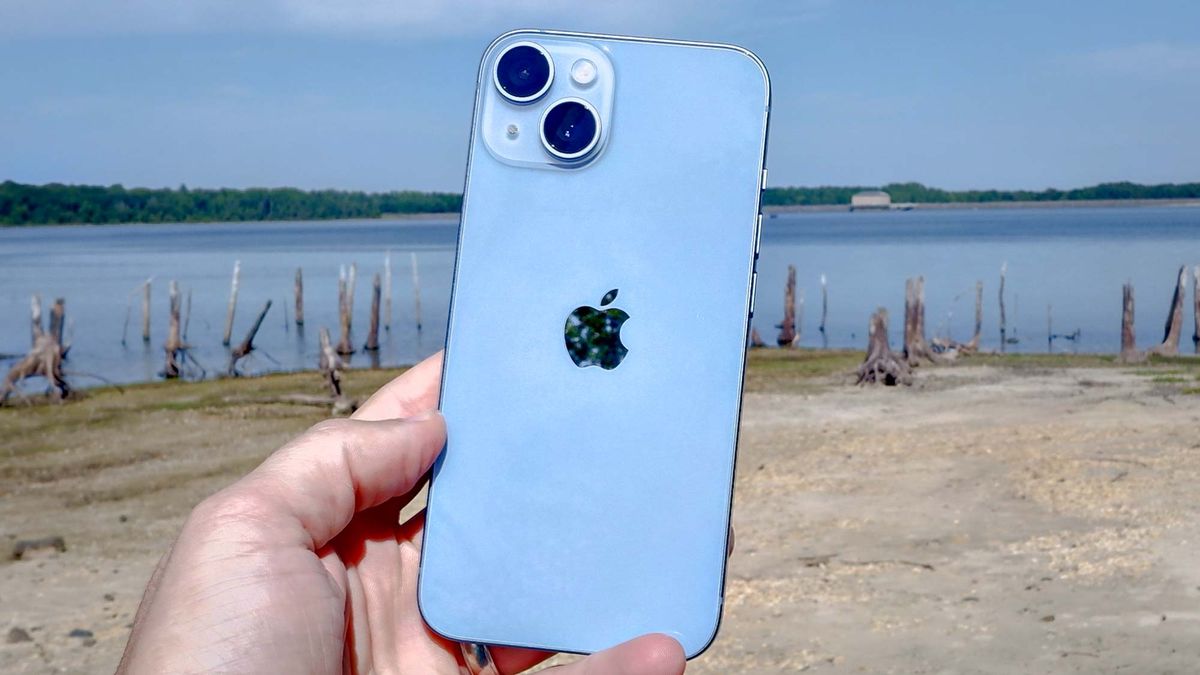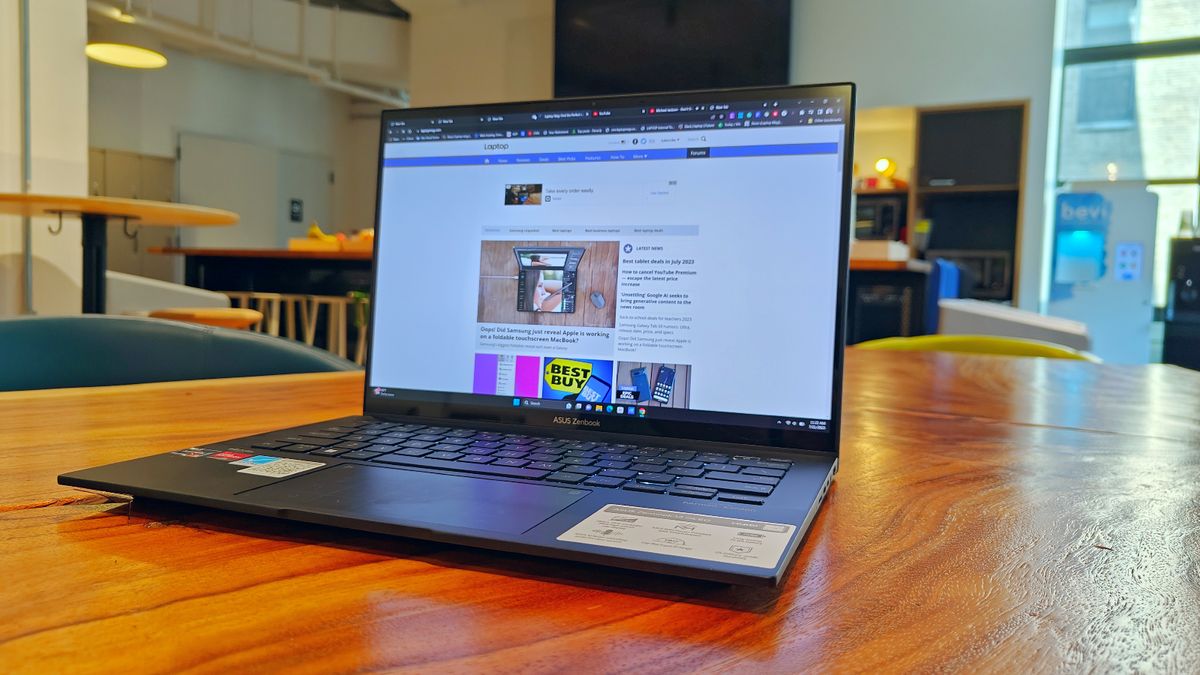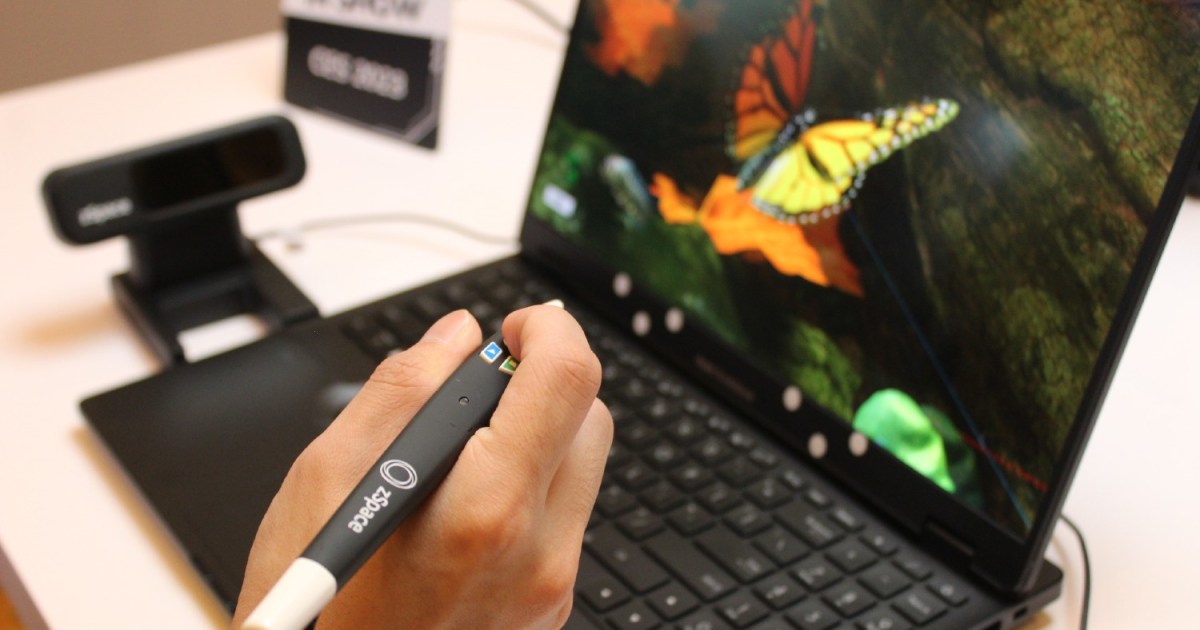This world was not built for the likes of Marcel, the stop-motion-animated minuscule shell who sports pink shoes. Riding in a car makes him vomit repeatedly, unreachable itches make him scream, and typing a single word using a laptop keyboard becomes a full-body workout. Marcel, voiced by the actor and comedian Jenny Slate, can be terribly naive and, given his predilection for corny one-liners, unnervingly candid. (“Guess why I smile a lot?” he observes. “’Cause it’s worth it.”) Among the aspirational, larger-than-life personalities dominating the big screen, Marcel is a curiously unassuming star: In the mockumentary-style Marcel the Shell With Shoes On, he’s more frail than forceful, more delicate than daring.
And yet, he’s been a pop-culture hero for more than a decade. Across the 2010s, he starred in a series of short films that accumulated tens of millions of views on YouTube. He appeared in a pair of children’s books, one of which became a New York Times best seller. Co-created by Slate and the filmmaker Dean Fleischer Camp, Marcel is the rare internet sensation to age so well that he’s now starring in his own movie. And the movie, which began playing in select theaters last weekend, topped the specialty box office. For a character designed with the kinds of traits normally reserved for sidekicks or comic relief, Marcel has withstood the test of time—but why?
For one thing, Marcel was never just a helpless character to either of his creators. “I know it’s easy to think that he’s cute, because his eye is so big compared to the rest of his body and things like that, but … I never really even let myself go to that place of thinking, This is cute, because I don’t want to infantilize him,” Slate told me over Zoom. “I think of him as really capable.” The film takes him as seriously as they do. “He’s confident and self-possessed … He doesn’t get down when those obstacles are thrown his way,” Fleischer Camp explained. “He doesn’t take it personally … That string of overcoming is what he calls life. And it’s fine. He likes his life.” The original shorts played like show-and-tell sessions, with Marcel answering questions and demonstrating an impressive ability to reframe tough moments in a positive way. In the second video, for instance, he mentions having a sister who disappeared after she held a balloon; later, he explains that he now thinks of her as a fan of traveling.
But as much as the shorts conveyed Marcel’s independence, they strained to ground his worldview in relation to, well, the rest of his world. Marcel incorporates an actual plot: This time, Marcel doesn’t come off as just a tiny fellow playfully riffing on his experiences as a shell. He’s a lonely being trying to locate his lost family. The story reveals the flaws of his coping method, particularly his reluctance to admit when he’s afraid. His only companion, his grandmother Nana Connie (exquisitely voiced by Isabella Rossellini), offers another, sometimes even critical, view of Marcel’s quirks, pointing out how he tends to mask his feelings.
Marcel’s smallness and cuteness don’t define him, in other words. If anything, the narrative hinges on his tendency to deliver tidy conclusions, a quality he thinks of as a strength. Since Marcel’s debut 12 years ago, the internet has evolved into a space that often encourages displaying only the best versions of one’s life. Perhaps viewers were initially drawn to Marcel for his very impulse to do so, along with his objectively adorable features that have been scientifically proved to encourage protective instincts. But now in him they can see, as Slate put it, “a fullness of life.” The film works like a weighted blanket, more substantive in its themes and heavier in its emotional depth than the viral shorts, but a comforting watch all the same.
Marcel’s framework as a documentary helps demonstrate the character’s profound appeal. In the shorts, Fleischer Camp was just a disembodied voice peppering Marcel with questions and laughing at his most precocious revelations, but now the director appears on-screen as “Dean,” a version of himself staying at the property where Marcel made his home. The human world has always been the backdrop to Marcel’s existence, but the intrusion of actual people adds a melancholic air. Placing Marcel deeper in the context of our contemporary landscape—as he gets driven across the streets of Los Angeles, or surreptitiously records Dean on the couch—allows Slate and Fleischer Camp to explore, on a meta level, how the character has been received.
In one scene, Marcel gains an online following and realizes that many of these strangers became fans because they find him a cute object of pity, rather than because they were genuinely interested in helping him locate his relatives. He’s perplexed, but unfazed about his quest. “That scene definitely was inspired by my own reaction to how he was talked about and contextualized on the internet when the first shorts were made,” Fleischer Camp said. “It feels to me as if I had a friend who was really short and really smart and really interesting, but everyone just kept asking him about what it’s like to be [short]. What’s inspiring is that [Marcel] doesn’t feel overlooked or small.”
Throughout the film, which runs just shy of 90 minutes, Fleischer Camp trains the camera on shots of dainty objects and fleeting moments—a drape fluttering in the wind, beams of sunlight hitting a spider web. Marcel is as fragile as these elements, but he’s also well suited to capture the beauty in vulnerability. He offers a poignant lesson for anyone navigating obstacles that seem insurmountable: Approaching a challenge with grace can be more important than conceiving of a solution. The world was not built for the likes of Marcel, but he can help guide us through it.










